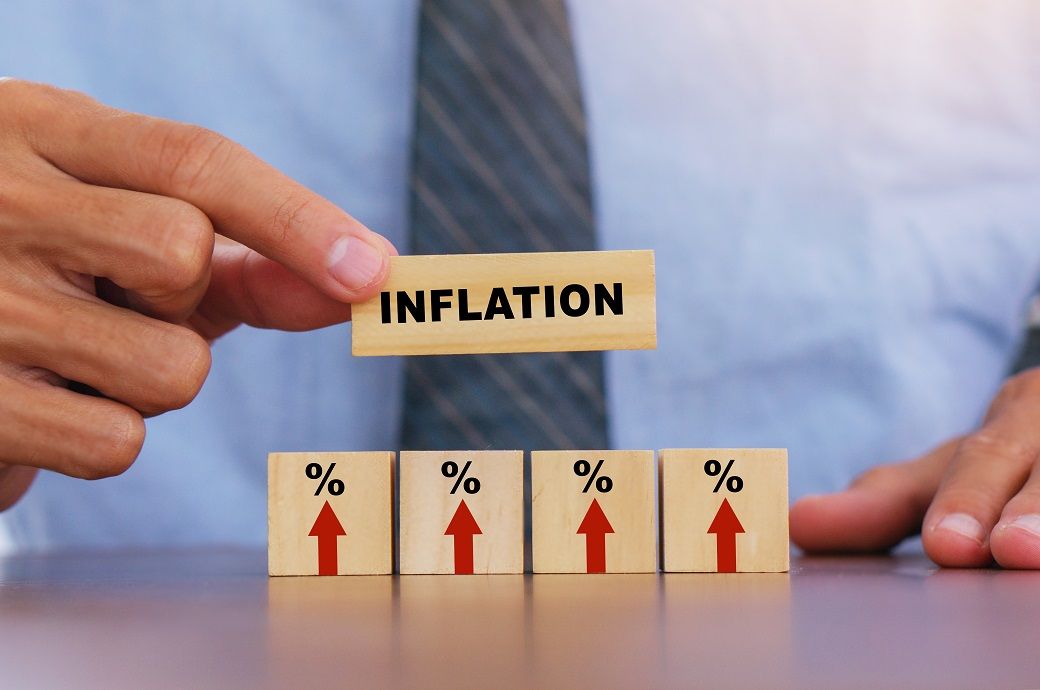
Year-on-year energy inflation in the OECD rose sharply to 3.1 per cent in September, from 0.8 per cent in August. While recent month-on-month changes have remained subdued, this year-on-year rise reflects a base effect from a significant drop in energy prices between August and September 2024. The increase was widespread, with 34 OECD countries recording higher year-on-year energy inflation in September. In nine of these, energy prices were still lower than a year earlier but declined at a slower pace than in the 12 months to August. Energy inflation was stable or broadly stable in two countries and fell further in the remaining two. Following the sharp increase seen in August, food inflation in the OECD remained unchanged at 5.0 per cent, while core inflation (inflation less food and energy) edged down to 4.2 per cent from 4.4 per cent.
In the G7, year-on-year headline inflation remained broadly stable at 2.8 per cent in September, compared with 2.7 per cent in August. The largest rise in headline inflation, by 0.5 percentage points (pp), was observed in Canada. Increases were also registered in France, Germany, and Japan. Energy inflation in the G7 rose markedly, turning positive for the first time since January. Food inflation remained broadly stable in the G7 as a whole but increased in Canada to its highest level (3.9 per cent) since December 2023. By contrast, food inflation declined by 0.5 pp or more in Japan and the United Kingdom, where it stood respectively at 7.3 per cent and 4.5 per cent. While year-on-year core inflation slowed in the G7, it remained the main contributor to headline inflation – except in Japan, where food and energy inflation combined had a larger impact, OECD said in a press release.
In the euro area, year-on-year inflation, as measured by the harmonised index of consumer prices (HICP), remained broadly stable in September at 2.2 per cent, after 2.1 per cent in August. Food inflation fell, while the decline in energy prices slowed further. According to Eurostat’s flash estimate, in October 2025, year-on-year headline inflation in the euro area remained broadly stable at 2.1 per cent, with a decline in energy inflation to minus 1 per cent while core inflation is estimated to have been stable at 2.4 per cent.
In the G20, year-on-year inflation remained broadly stable at 3.8 per cent in September. Headline inflation rose in Indonesia and fell in Argentina, where it stayed above 30 per cent, and in India. In China, year-on-year inflation remained negative at minus 0.3 per cent, broadly unchanged from August. Inflation was also broadly stable in Brazil, Saudi Arabia, and South Africa.
ALCHEMPro News Desk (RR)
Receive daily prices and market insights straight to your inbox. Subscribe to AlchemPro Weekly!